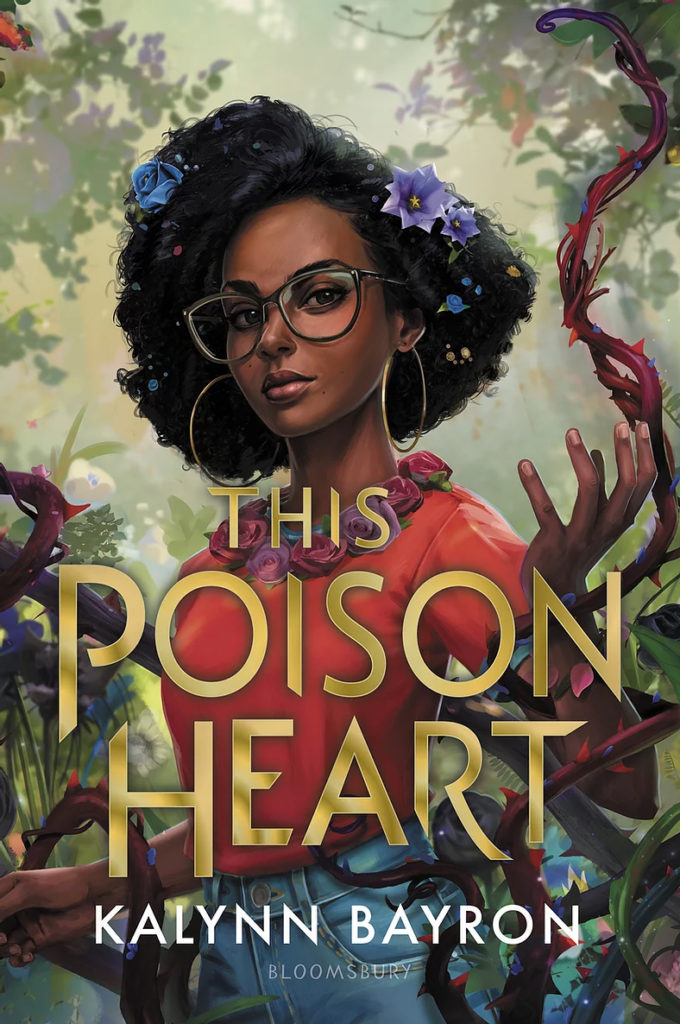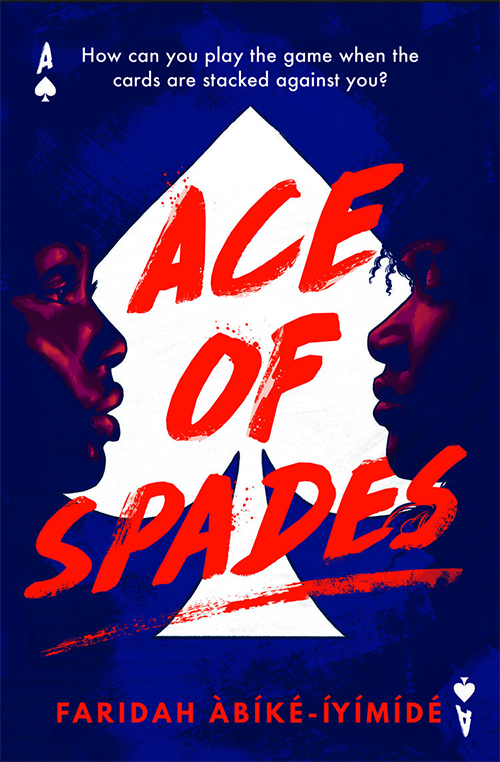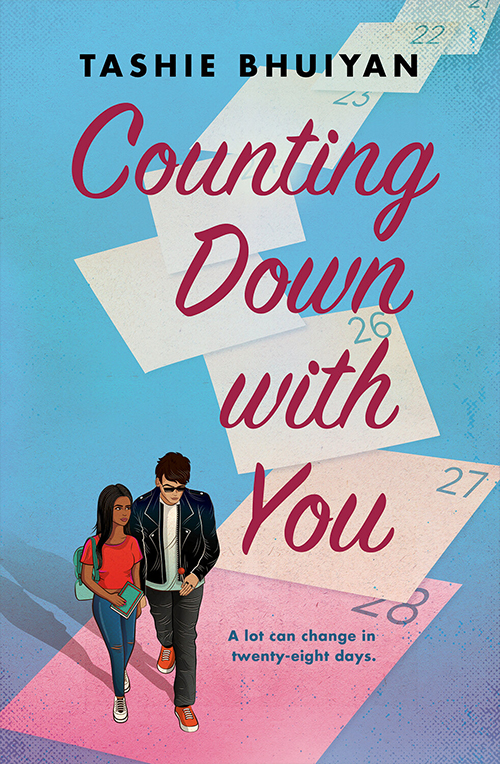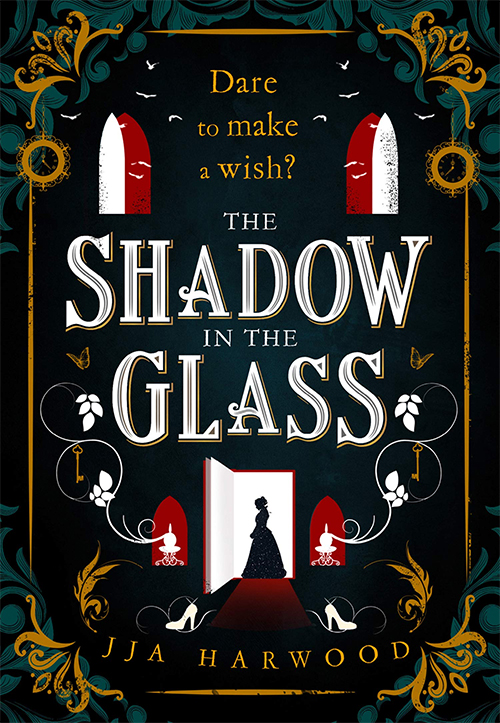Forestborn by Elayne Audrey Becker, the first book in a duology, is a young adult fantasy that features the enemies-to-lovers trope, mythical creatures, and an impossible quest. When a magical sickness targets all the humans in the realm, Rora, a shapeshifter and spy for the kingdom, is tasked with finding a cure. Flanked only by her older brother, the only person in the world she trusts, and a surly prince who doesn’t trust her at all, Rora must traverse a mysterious forest and come to terms with a past that haunts her in order to understand why magic has turned on them and how to restore balance before it’s too late.
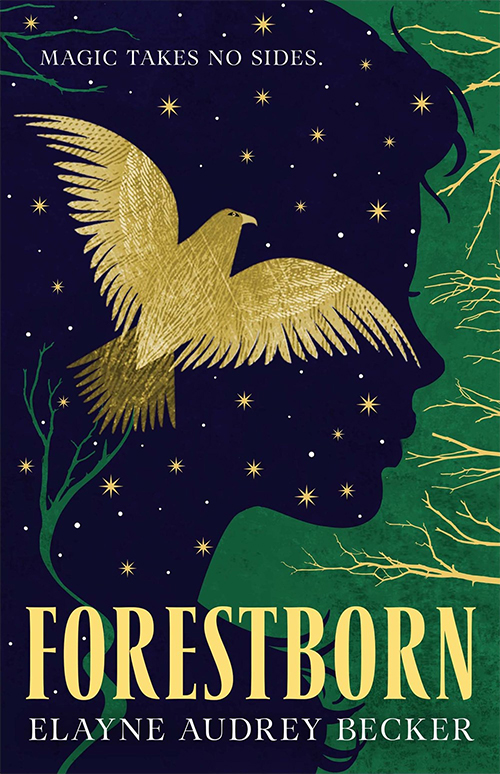
Violence gets its wings by choice, not by nature, and I am no more monster than they.
Elayne Audrey Becker, Forestborn
As a shifter who lives among people who fear magic, Rora makes for a fascinating main character because she is neither human enough for the people in her kingdom nor creature enough for the magical beings with whom she identifies. It’s an extended metaphor for the hybrid existence many readers also experience, which makes Rora especially relatable and refreshing. Even better is how Becker allows her to agonize over her fears and anxieties but never actually forces her to change who she is in order to be accepted. Instead, Weslyn, the human prince who starts out detesting Rora’s very existence, is the one who must evolve his mindset. I adore both characters and their journey in this book. They’re frustrating and funny and both gentle and strong, and they’re everything you want to root for in an epic fantasy romance.
In addition to character development, Becker excels at world building. There is so much that readers need to learn—rules for a magic system even the characters find difficult to grasp at times as it’s part of the core mystery, shapeshifter logic, politics and alliances, relationships and backstories—but it never feels as though Becker is info-dumping. The pacing is perfect, and I never found myself thinking about issues with show vs. tell. Also, Becker’s beautiful prose is absolutely captivating and is the first thing that drew me into this novel. Her words paint a picture of a forest both easy to imagine and impossible to find in real life. This balance is absolutely vital to setting the tone in a novel that relies on the stark contrast between nature and civilization in order to illustrate the transformative magic of green spaces and how in our world, too, we are all “forestborn” to some extent.
Forestborn also features great representation, from both platonic and romantic relationships (m/f and m/m), old and young partners, sibling bonds, and parental love. I love it when authors understand fantasy means you can give the characters we love an inclusive world that doesn’t discriminate based on sex, sexuality, or gender. I’m especially drawn to Helos, Rora’s older brother, and his love story with Prince Finley, Weslyn’s younger brother. We don’t see enough of Helos or Finley in this book, but their love for each other underscores the main quest and, therefore, is a central part of the plot. We start to see more of Helos’ personality at the end of this book, and I have a feeling we’ll see more of him and Finley in the next installment.
Fear is just a story waiting to be told. Learn the story and remember every part of it so you can tell me.
Elayne Audrey Becker, Forestborn
Growing up, The Merlin Saga by T.A. Baron and The Chronicles of Prydain by Lloyd Alexander were among the books I checked out over and over again at the library. I loved the epic quests and world building, the grueling treks across unknown terrain, the mysterious magic and creatures, the packs of equipment and food (and tunics!), and the camaraderie around the fire each night. I’m always looking for stories that can measure up to the adventures that made me love books in the first place, and Forestborn absolutely scratches that itch. I couldn’t stop thinking about these characters for days after I finished the book, and I can’t wait until the next one is released. If you love old school epic fantasy adventures like I do, Forestborn is a must-read!
Thank you to NetGalley and Macmillan/Tor Teen for sharing an advanced reader copy of this book in exchange for an honest review.

